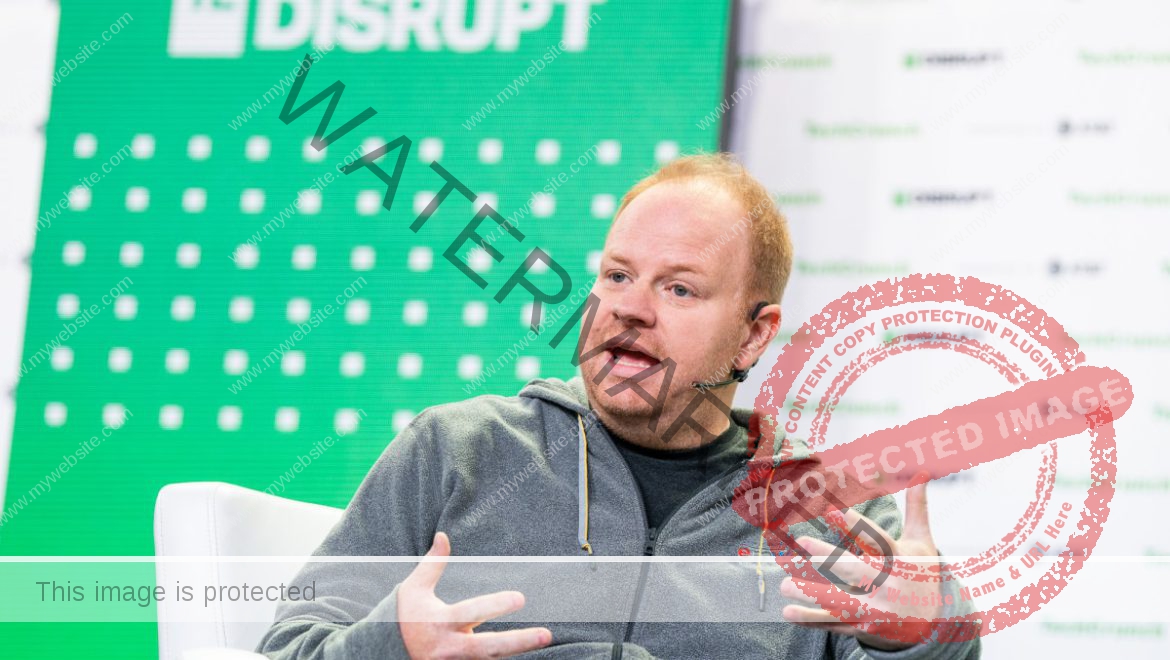EXCLUSIVE: Tiger Global-backed Innovaccer in talks to raise $250 million in new funding, sources say
Innovaccer, a healthtech startup that aggregates patient data across systems and care settings, is in advanced stages of talks with investors to raise as much as $250 million in a new financing round, three sources familiar with the matter told TechCrunch.
The deliberation for the new funding round is ongoing, and the current talks propose a value of between $2.5 billion to $3 billion for nine-year-old company, the sources said, requesting anonymity as the details are private.
Innovaccer has developed a cloud-based software layer that integrates with existing electronic health record systems used by healthcare facilities. The platform enables the unification and analysis of patient data from various sources, providing healthcare providers with a comprehensive view of their patients’ health status. By tapping its cloud technology and architecture, Innovaccer aims to bring efficiencies and accelerate growth in the healthcare industry, which has been slow to adopt technology compared to other sectors.
Innovaccer – which counts Tiger Global, Mubadala, Lightspeed, Dragoneer, Microsoft’s M12 fund, and Steadview Capital among its backers – was valued at $3.2 billion in a funding round it disclosed at the end of 2021. The San Francisco-headquartered startup has raised more than $375 million to date.
Talks about some secondary transactions – where existing backers, employees, or the founders directly sell their shares to other investors, as opposed to the startup selling the shares – are also underway, the sources said. The proposed talks for the secondary transactions value Innovaccer at as low as $2 billion, the sources added.
According to one source, health system Kaiser Permanente is among those engaging to lead the funding round, which is expected to be split into many tranches. Kaiser Permanente and Innovaccer share a long history; Kaiser is a customer of Innovaccer and has seen many of its executives join the San Francisco-headquartered startup.
On Tuesday, Kaiser announced that it had deepened its partnership with Innovaccer to improve the health system’s value-based care services.
A spokesperson for Innovaccer denied that the firm was raising a round. Kaiser didn’t respond to a request for comment. A deal could materialize as early as this month, one source said.
According to its website, Innovaccer has helped unify more than 54 million patient records, served 96,000 clinicians, and helped save more than $1.5 billion for its customers. The startup’s ARR, at the end of December, stood at nearly $140 million, according to one source.
Innovaccer operates on a subscription-based business model, charging customers based on the number of patients, modules subscribed, and endpoints. The company’s cloud-based platform offers multiple layers of services, including core data, CRM, virtual care, and remote patient care.
It differentiates itself by addressing the traditional healthcare system’s lack of information interoperability, deploying a framework with a common language that brings data together and connects different healthcare systems.













